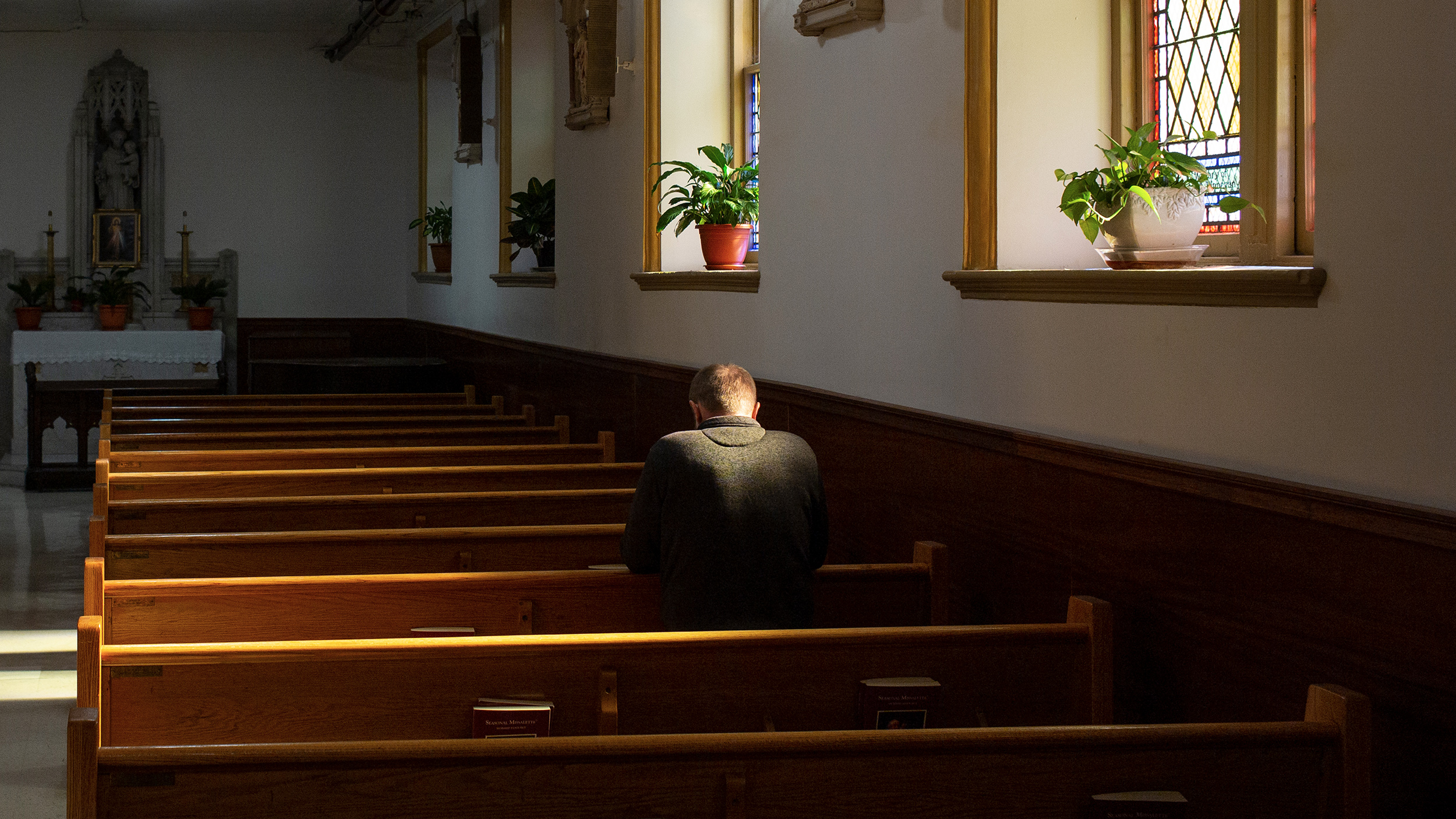Science evangelism

I remember the first time I heard the word proselytize.
I was just starting college, and for some reason, despite growing up in church, I didn’t know its meaning. The campus minister was giving my dad and me a tour of the chapel when my dad asked a question. I don’t remember the exact words, but he asked whether the chapel evangelized to students. Somewhere embedded in the pastor’s response was that four-syllable word, proselytize, followed by, “No, we don’t do that here.“
This was the first time I realized that evangelism could be viewed negatively, even by those in the church.
Fast-forward to now. I’m a Christian and a scientist with the recent realization that I spend more time evangelizing about science than I do about my faith. I do not proselytize, or attempt to convert people to a scientifically informed viewpoint. But I do share the message of science in ways that I don’t share the message of the gospel.
While evangelism and proselytizing are often used interchangeably, in the context of this article, I draw on Pope Francis’ use of these terms:
“Evangelization goes out to others and listens to them; proselytization excludes others and simply talks at them.
“Evangelization is a proclamation of Jesus, allowing people to have an encounter with Christ; proselytization is proud and convinced that it has all the answers.
“Evangelization trusts in the Holy Spirit as the true evangelist, as the one who makes converts; proselytization believes it’s up to us, to the force of our arguments and persuasive power.”
I teach my students about biology in the hopes that they will learn more about themselves and the world around them. I volunteer for outreach activities to excite people about science, whether that be showing kids how to extract DNA from a strawberry or playing with bubbles to demonstrate the flexible and dynamic properties of our cell membranes.
I advocate for the harmony of faith and science that I’ve found through writing, and have shown my solidarity with other scientists in rallies like the March for Science.
But when it comes to my faith apart from science, my sharing of it is more ambiguous. And lately I’ve been wondering why. Why is it easier for me to share science with others than to share about my faith? Why is one type of outreach easier for me than the other? And can my approach to one inform and strengthen my approach to the other?
It’s all about context
The context in which I share science with others is usually very clear and well-defined. For example, as a college instructor, I have a designated time and space to lecture about biology. I have a syllabus and schedule, where the content and activities for each day are predetermined. There is little to no ambiguity about what material will be covered and when, and there are clear expectations for my students. There are even tools my institution has put in place to help me gauge the effectiveness of my teaching. And I have a relatively captive audience—students who, of their own accord, or upon the recommendation of their advisor, want to be in my class. There’s a level of investment in the course from both the instructor and the instructed.
As for my ventures into science outreach—organizing a STEM workshop for young girls, volunteering as a science fair judge—I’ve been invited into those spaces, and trusted to perform a specific role where the mission and message are clear.
But when it comes to my faith, the settings for sharing it, outside of my writing, are less straightforward, and the contexts to discuss it are harder to identify. I’m not regularly invited to share my faith in the ways that I’m extended opportunities to share science. I do not have a guaranteed audience with some level of reciprocal investment, in the way that I do for my biology classes. But when it comes to my faith, the message is also clear. For me, it’s a simple message of loving God, others, and myself—one that compels me to serve others . . . in my classroom, at a science outreach event, or even at church.
But can my approach to sharing science teach me something about how to approach sharing my faith—and vice versa? I think so.
To be honest, I don’t necessarily look for opportunities outside of church to discuss my faith, perhaps because I don’t want to be disingenuous or come off as a “proselytizer.” Instead, I wait for an invitation to share it. Clearly, the way I approach sharing science and my faith are starkly different. I would be a less effective science instructor if I waited for my students to ask questions before teaching them, in the way that I wait for people to ask me about my faith.
But I realize that a strength of my faith is that it’s more personal compared to the public nature of science outreach. I often practice my faith in private, whether reading a devotional in my office before I teach my first class, listening to gospel music as I grade, or singing worship songs on my ride to work. While these forms of practice may seem passive, as opposed to the action-based and results-driven nature of outreach, they encourage and uplift me on the hardest of days, reminding me that I am loved in my lowest moments. I believe that the time I spend in worship has the power to transform me from the inside out to be more caring, compassionate, and considerate—and that will in turn make me a better instructor, science communicator, and more.
The relevance of evangelism
Is evangelism relevant today, or just a thing of the past? Having attended conferences where scientists talk about ways to bring science education to religious communities, I have discovered that it is relevant. The roles of evangelism, however, have been reversed. Consider organizations like BioLogos, which shares an evolutionary understanding of God’s creation with churches, and those like YECA (Young Evangelicals for Climate Action), which brings climate science to churches. It is very much relevant and alive today.
As one who is passionate about bringing science to the church, I wonder if the tradition of Christian evangelism (despite its negative connotations) has something more to teach the scientific community than just what not to do. Christian churches have been epicenters of evangelism and outreach, perhaps even longer than the scientific community now seeking to reach it. But what if anything can be learned from Christian evangelism?
For starters, Pope Francis’ definition of evangelism reminds us to be listeners and to strive with humility to create opportunities for people to encounter the core of our message (whether in science or otherwise). I strive to do this in my teaching, working to create a classroom environment that is centered around more than just memorizing facts and listening to lectures. I want my students and others to have a voice in shaping their learning experience, and an encounter with science by doing it.
I aim to give my students a voice by asking them questions like, “Is there a limit to how tall a tree can grow? Why or Why not?” Or, “Why do leaves change color in the Fall?” In turn, I get to hear their thoughts, experiences, and understanding of the material before we dive into it together. I may also assign projects like writing a science story book for children, where they explain a topic they’ve learned about. Or writing/performing a song about an ecosystem, to give them an opportunity to creatively interact with and respond to the material.
As for the encounter element, outside of the lab curriculum that already gives them hands-on practice in the scientific method, I’m incorporating an independent research project that gives students more creative freedom in experimental design (students pick their own variable to test), in addition to exposing them to scientific literature, peer-review, “longterm” data collection (over the span of 2-3 weeks), and the joys and challenges of the scientific endeavor.
It is my hope that science organizations and faith communities can form more partnerships in ways that build trust, foster dialogue, and inspire agency from within, without letting their messages get lost in translation. And that both communities guard themselves against their own form of proselytism, sharing their messages with care and compassion.
The post Science Evangelism appeared first on ORBITER.





